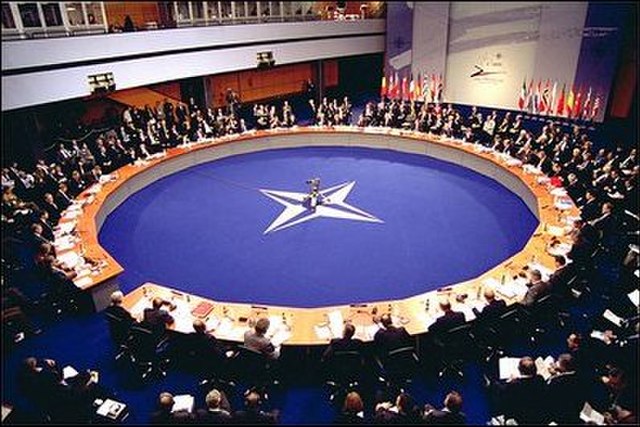The United States has long been a central member of the North Atlantic Treaty Organization (NATO), an alliance formed in the wake of World War II to strengthen international ties and provide a united front against aggression. However, the validity and benefits of this integration have been increasingly questioned.
NATO was born in a different era, under circumstances that bear little resemblance to today’s geopolitical landscape. Initially, it served as a necessary force to counteract the Soviet Union’s influence during the Cold War. The United States, among others, committed to the collective defense clause at the heart of the treaty—an essential move at the time.
Today, the situation has evolved dramatically. The collapse of the Soviet Union and the end of the Cold War have blurred the lines of NATO’s purpose. The threats we face now are more diverse, less centralized, and often non-military in nature. As such, adhering rigidly to the principles of an outdated treaty restricts America’s agility in foreign policy.
Moreover, the financial burden that NATO places on the United States is substantial. American taxpayers contribute significantly more to the NATO budget than any other member nation. This disparity raises questions about equitable burden-sharing within the alliance.
There are also arguments about the strategic value of remaining in NATO for the United States. Some contend that the obligations under NATO no longer align with American interests and that these resources could be better allocated to address domestic concerns or other international matters.
Ultimately, the decision to abandon NATO does not come lightly. Such a move would have far-reaching implications, but it is essential to consider whether the alliance, as it presently stands, best serves the security needs and interests of the United States. It is a complex issue that merits thorough scrutiny and discussion among all policymakers.

















